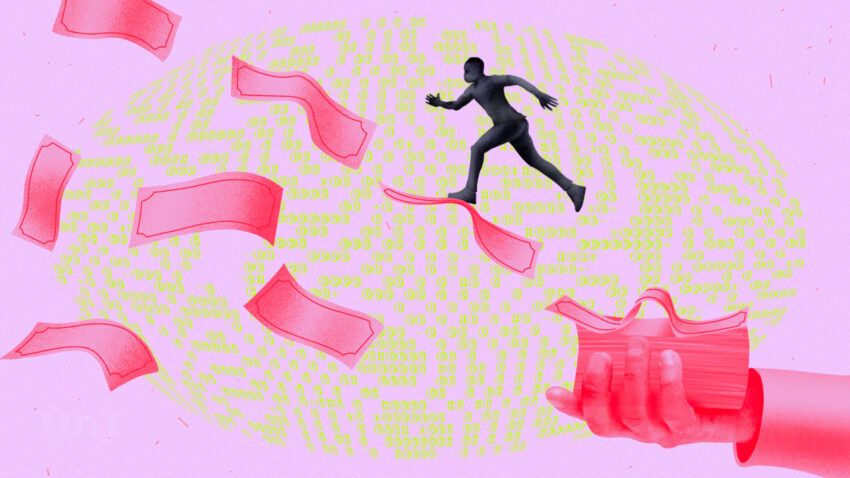In a court ruling in New York, the Federal Deposit Insurance Corp. (FDIC) has been ordered to return tax refund checks it took out of the hands of SVB Financial Group, a bankrupt company seeking to compensate bondholders. SVB Financial Group is the corporate parent of failed Silicon Valley Bank. The decision poses concerns the FDIC, which had its sights set on claiming future tax refunds.
On Wednesday, a judge issued a ruling that compels the FDIC to surrender some $10 million worth of tax refund checks made out to SVB Financial Group, Reuters and other sources reported. This marks at least a momentary triumph for the latter in its mission to compensate bondholders.
SVB Financial Group Owes Bondholders
During a court hearing in Manhattan, SVB Financial Group’s representative, James Bromley, reportedly disclosed that the company anticipates receiving some $300 million in tax refunds over the next two years.
These refunds, resulting from overpaid taxes, hold great value for SVB Financial. The group needs these crucial assets to repay its creditors.
This may be good news for SVB Financial and certain of its creditors, not for all depositors of the failed bank. A May 13 story in the Wall Street Journal detailed the concerns of depositors, including some in the Cayman Islands, who currently have the lowly status of unsecured creditors. They may never see the funds they deposited again.
The latter find themselves in a tough position as unsecured creditors. This status means that their claims for repayment lack specific collateral and have lower priority compared to secured creditors, thus heightening the uncertainty surrounding the recovery of their funds.
The dispute between SVB Financial and the FDIC has led to a deadlock in the ongoing Chapter 11 case. Further, impeding the progress of the bankruptcy proceedings and posing a threat to the FDIC’s established process of repaying creditors. Which in this case means managing deposits totaling over $2 billion.
The FDIC argues that upon assuming control of Silicon Valley Bank (SVB), it acquired ownership of the $2 billion in deposits. Consequently, it asserts, SVB Financial is merely considered a creditor with the right to pursue the collection of the $2 billion.
FDIC Should Act Like Other Creditors
In response to the FDIC’s argument, US Bankruptcy Judge Martin Glenn reportedly directed the agency to file a claim like other creditors. Additionally, the judge ordered the FDIC to provide a clear explanation of why it believes it has the right to keep the $2 billion.
“This is a major setback for the FDIC, which is still trying to recoup its costs from rescuing Silicon Valley Bank earlier this year,” Markus Levin, co-founder of XYO Network, told BeInCrypto.
“Not only does it set the FDIC back financially on the SVB case, but it may also set a precedent for other bankrupt companies facing similar challenges,” Levin added.
The FDIC protected SVB Financial’s American depositors when it took over the bank. But, as the Wall Street Journal reported, customers of its Cayman Islands branch have been unable to access their funds since SVB’s collapse.
According to the FDIC’s website, there were 564 bank failures from 2001 through 2023. Bank failures dropped off dramatically after 2010, with none in 2021 and 2022. However, the collapse of Silicon Valley Bank in March was the third-largest bank failure in United States history. It also represented the largest failure since the 2007–2008 financial crisis.
The crisis may not be over. A recent report suggests that half of US banks could be insolvent.
Disclaimer
In adherence to the Trust Project guidelines, BeInCrypto is committed to unbiased, transparent reporting. This news article aims to provide accurate, timely information. However, readers are advised to verify facts independently and consult with a professional before making any decisions based on this content. Please note that our Terms and Conditions, Privacy Policy, and Disclaimers have been updated.


